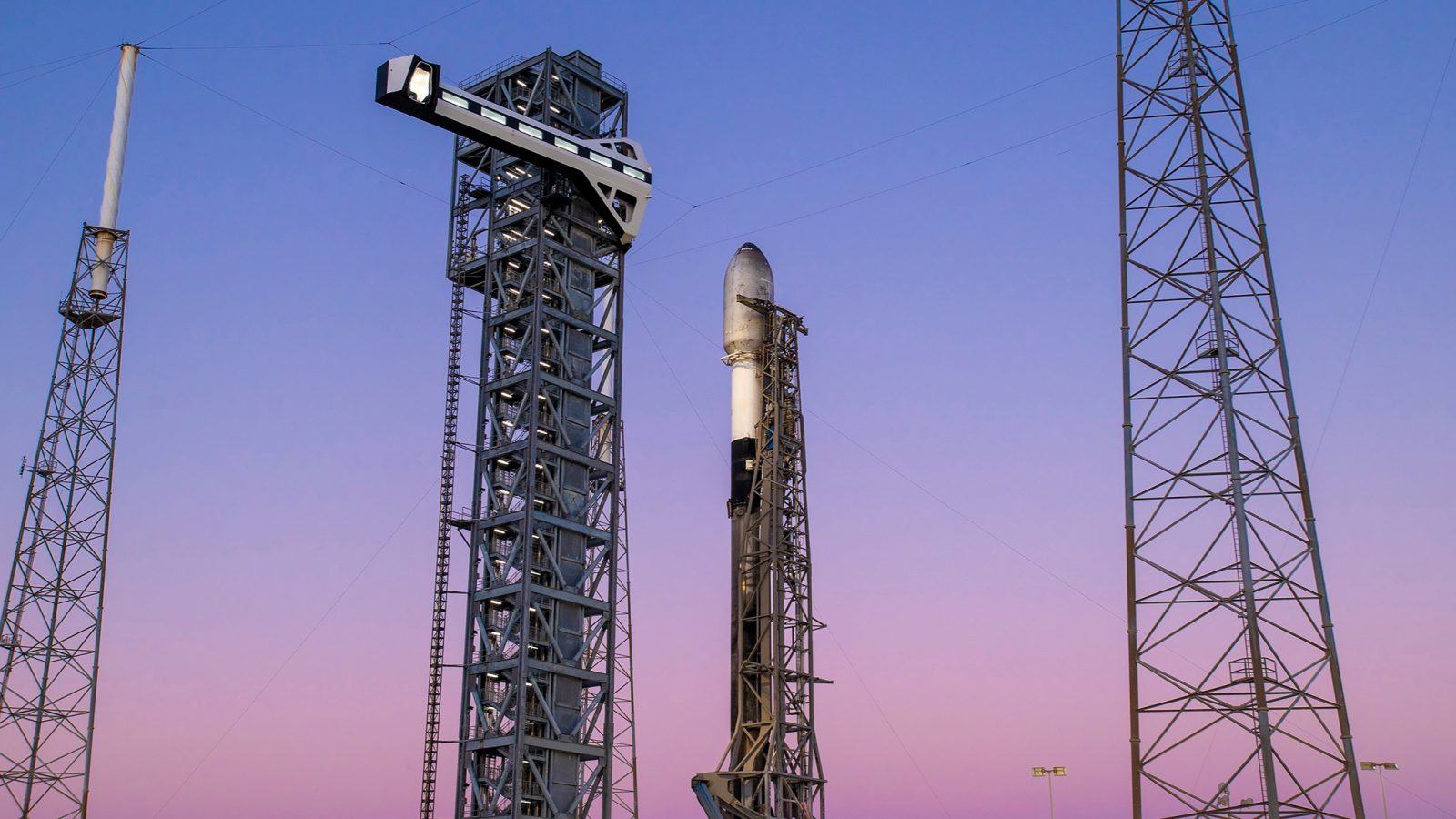
After an end of month rally by SpaceX to get to 10 launches in January, the company will have only one launch this week but it will be a big one. With the retirement of its primary rocket, Northrop Grumman will fly its Cygnus spacecraft on a Falcon 9 this week to the ISS.
This week’s launches:
- January 30 (Tuesday)
- SpaceX | Falcon 9 | NG-20 | 12:07 P.M. ET
- SLC-40, Cape Canaveral Space Force Station, FL
- SpaceX | Falcon 9 | NG-20 | 12:07 P.M. ET
- January 31 (Wednesday)
- Rocket Lab | Electron | Four of a Kind | 1:15 A.M. ET
- LC-1B, Māhia Peninsula, New Zealand
- Rocket Lab | Electron | Four of a Kind | 1:15 A.M. ET
- February 1 (Thursday)
- CASC | Jielong-3 | Unknown Payload | 9:00 P.M. ET
- Bo Run Jiu Zhou Barge, China Coastal Waters, China
- CASC | Jielong-3 | Unknown Payload | 9:00 P.M. ET
Join our Discord Server: Join the community with forums and chatrooms about space!
Northrop Grumman catching a ride on SpaceX’s rocket
SpaceX’s sole launch this week will be for a rather unique customer, Northrop Grumman. The company booked a few of its remaining Cygnus missions to the ISS on SpaceX Falcon 9 rockets. This quick retirement came after Russia pulled support of its engines being used on US rockets after sanctions were made post its Ukraine invasion.
Northrop announced plans to develop the new Antares 330 rocket in partnership with Firefly, however they are still in development of its new engines. In the mean time, at least the next two Cygnus spacecrafts will fly on Falcon 9 rockets out of Florida.
This isn’t the first time Cygnus has required help from another rocket to continue supply the ISS with cargo. After suffering a failure in 2014 on an Antares 130, which then used old Soviet NK-33 engines, Cygnus was left without a ride for nearly two years. Cygnus flew twice on the Atlas V until the Antares 230 came online with Russian made RD-181 engines.
This the week for Rocket Lab?
It seems like each week I discuss how this week will be the week that Rocket Lab flies its first Electron rocket of 2024. Once again, the company delayed its mission out of New Zealand, this time due to lightning concerns.
On top of the rocket are four Spire built LEMUR CubeSats for NorthStar Earth and Space. The LEMUR satellite bus is a 3U CubeSat that can be retrofitted with what ever sensors or instruments that are needed by the customer.
For NorthStar, that means the ability to detect and track objects in orbit to support the growing need for space situational awareness data. Here’s to hopefully the third time is the charm for getting this mission off the ground.
FTC: We use income earning auto affiliate links. More.




Comments